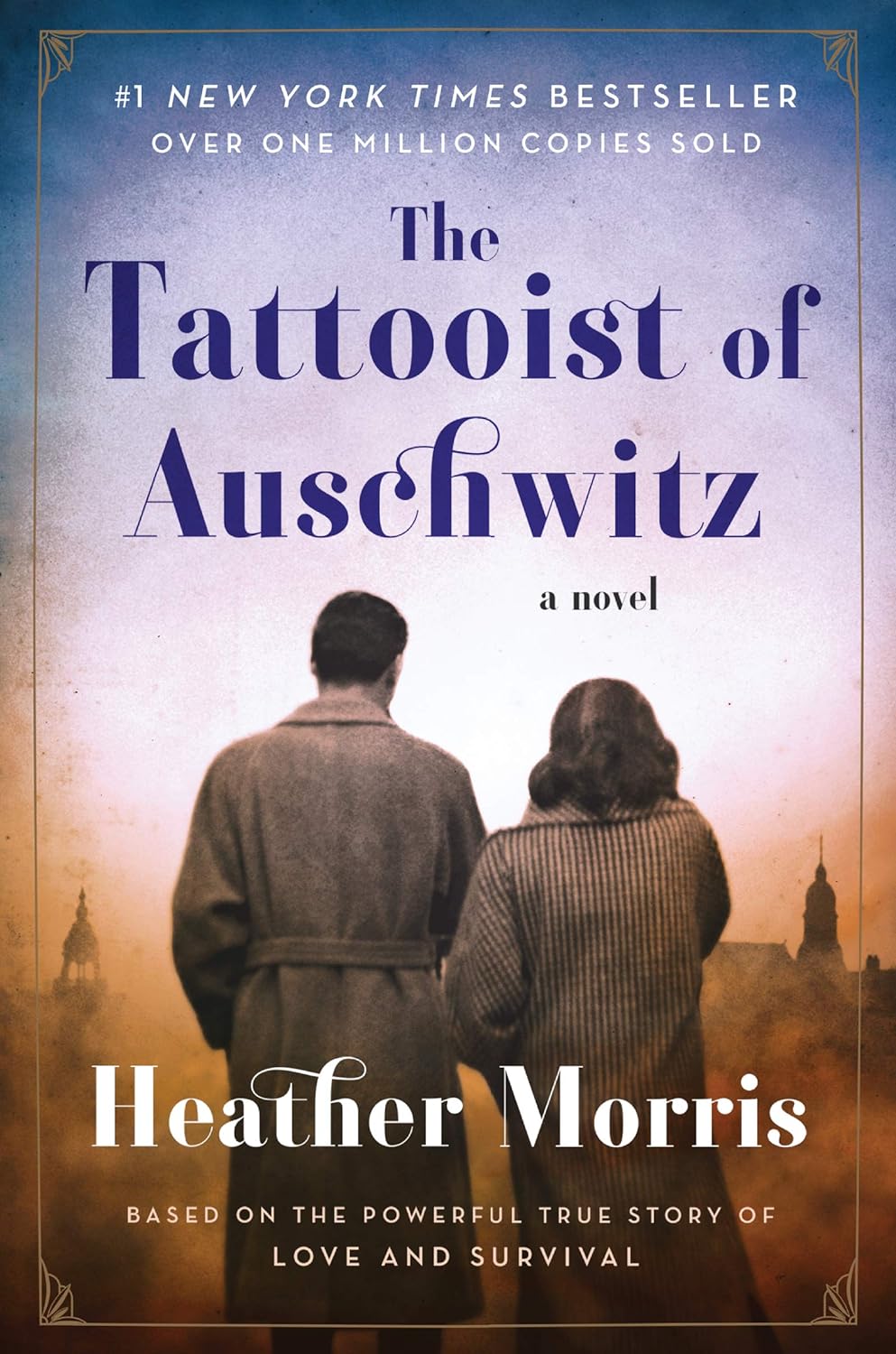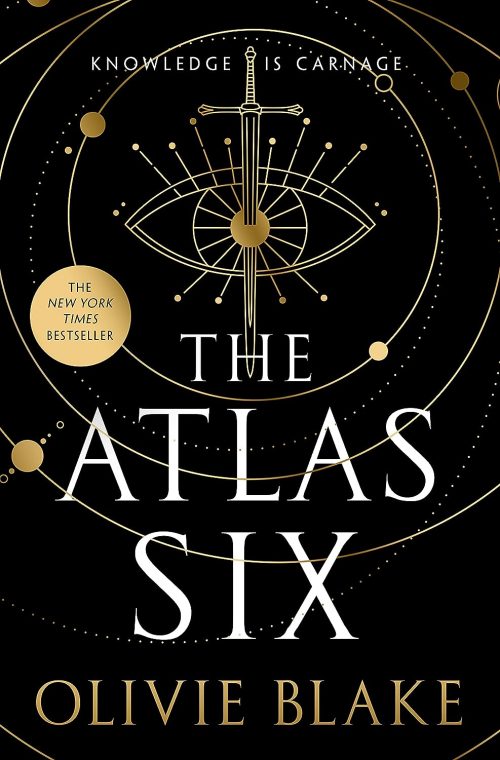The Tattooist of Auschwitz
In her profoundly moving work, The Tattooist of Auschwitz, Heather Morris offers readers a stark portrayal of life within the dreary confines of Auschwitz-Birkenau, a narrative infused with harrowing realism yet punctuated by a deeply affecting love story. Based on the true experiences of Ludwig (Lale) Sokolov, a Slovakian Jew who was forcibly transported to Auschwitz in 1942, Morris transforms a series of heartbreaking historical events into a testament to human endurance and the power of love.
Lale Sokolov, who finds himself ensnared in the horrors of a Nazi concentration camp, is quickly singled out for his multilingual abilities, leading to his appointment as the camp’s Tätowierer. This role, while offering him a slight reprieve from the brutal labor meted out to his fellow prisoners, requires him to engrave indelible numbers onto the arms of countless men and women – a task he performs with a painful awareness of its chilling significance. However, epitomizing the complex moral landscape of those desperate times, Lale uses his somewhat privileged position to secure much-needed food and aid for his fellow inmates, risking his life with each act of defiance.
The crux of Morris’s novel rests on Lale’s encounter and blossoming relationship with Gita, a fellow prisoner. This relationship becomes both a sanctuary from the surrounding cruelty and a symbol of hope — not just for survival, but for a future beyond the barbed wires of Auschwitz. Morris handles their love story with sensitivity and grace, never allowing it to overshadow the gravity of the setting, yet illuminating the dark narrative with brief flashes of joy and optimism.
Morris’s narrative style is straightforward yet evocative, capturing the stark realities of camp life without resorting to gratuitous detail or melodrama. Her prose is clean and unembellished, which serves to highlight the sheer improbability of any tenderness in such a brutal environment. This stylistic choice might seem sparse to some, but it effectively conveys the bleakness of the Holocaust while focusing on the human aspects of the story.
However, one could contend that Morris’s adherence to a more novelistic style might blur the lines between fact and fiction, potentially leading to questions about the accuracy of certain events depicted in the book. Readers should approach the story with an understanding that while it is based on true events, some elements have been fictionalized for narrative cohesion.
The Tattooist of Auschwitz is not just another Holocaust story. It is a poignant exploration of the ways in which human beings can find light in the darkest of times. Heroism, in Morris’s depiction, comes in various forms—some as subtle as a shared glance, others as significant as smuggling food for fellow prisoners.
Ultimately, Heather Morris’s work serves as an important reminder of the atrocities of the Holocaust while also honoring the strength of the human spirit and the power of love. For individuals familiar with Holocaust narratives or those new to such stories, The Tattooist of Auschwitz offers a compelling blend of history, horror, humanity, and hope that is both heartbreaking and uplifting. This book comes highly recommended, embodying a story that lingers with the reader well after the last page is turned.









Reviews
There are no reviews yet.